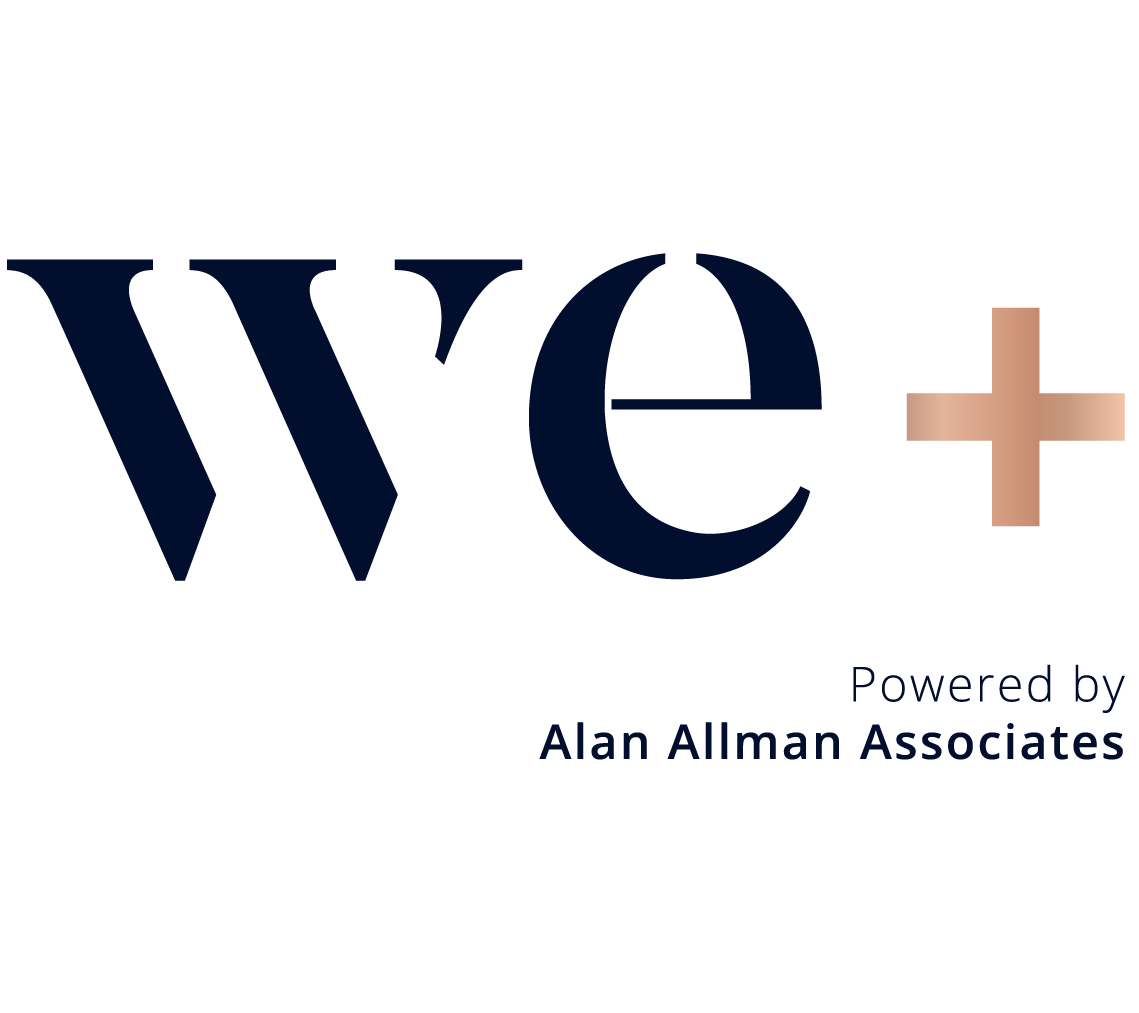Experience Generation: AI-Powered First Drafts
One of the standout features introduced is Experience Generation. This tool leverages AI to generate AEM pages by giving it a manual prompt, or directly from structured text such as a Word document. By analyzing the content and associated images, the AI generates a high-quality first draft for your new page. This significantly reduces the time and effort required to create pages. It also gives you the possibility to generate several variations of this page so you can choose the one you like most.
Experience Catalyst: Streamlining Content Migration
Experience Catalyst addresses the challenges of migrating existing web content into AEM. This tool automates the migration process by analyzing the structure of existing pages and extracting content into AEM. Users have the flexibility to:
- Retain the existing design.
- Apply a new design from another page.
- Utilize a design from Figma.
This automation reduces manual effort and accelerates the migration process, ensuring design consistency and efficiency.
AEM Sites Optimizer: Enhancing Performance with AI
Maintaining optimal website performance is a continuous challenge. The AEM Sites Optimizer addresses this by leveraging AI to:
- Automatically identify performance issues.
- Suggest actionable optimizations.
- Automatically implement these optimizations, after approval from a user.
The tool suggests data-driven solutions and estimates their impact, empowering content managers to make informed decisions. Users can choose to test different variations before publishing, enabling data-backed improvements. Additionally, it includes a comprehensive SEO analysis feature that detects issues like broken backlinks, enhancing overall site health and search engine visibility.
Additional Innovations and Enhancements
Beyond these core features, Adobe introduced several updates aimed at improving content management efficiency:
- Content AI Foundation: Enhances content reuse through AI-driven intelligence, making it easier to repurpose content across various platforms.
- Unified Brand Service: Ensures all content aligns with brand guidelines, covering aspects like brand voice, imagery, and accessibility standards, thereby preserving brand integrity across channels.
- Generate Variations: An enhanced tool that now considers context—such as images, copy, and branding—to create refined page variations. Users can also generate variations for specific text segments rather than entire pages, offering greater flexibility in content adaptation.
- Smart Tag Enhancements: Utilizes AI to automatically apply metadata to images within the Digital Asset Management (DAM) system, streamlining content organization and retrieval processes.
- Content Credentials in AEM Assets: Provides detailed information about each asset, including its creator, editing history, and the tools used. This transparency aids in compliance and informs decisions regarding content activation across various channels.
Final Thoughts
Adobe’s continued investment in AI-powered automation and optimization is reshaping AEM’s capabilities. From content generation to enhancing site performance and ensuring compliance, these innovations make AEM a more powerful tool for businesses striving to deliver exceptional digital experiences. For companies looking to improve efficiency and accelerate digital transformation, these advancements represent a significant leap forward. If you’re interested in exploring how these innovations can be applied to your organization, feel free to reach out to discuss the possibilities.
Stay tuned for more insights from Adobe Summit 2025!
An Article by Bram BLEYS

